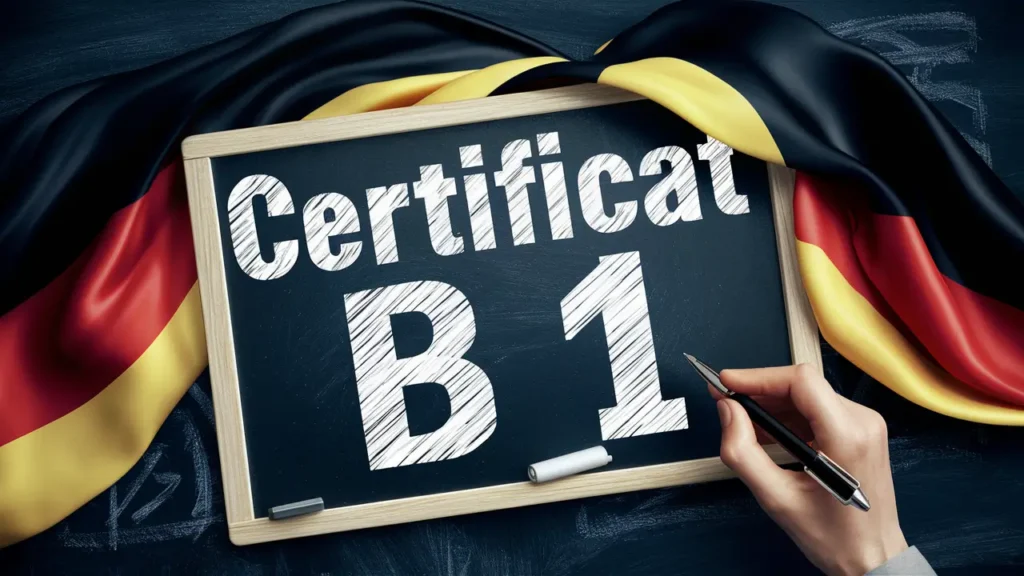Wondering if you are eligible for German Citizenship. Germany is an attractive destination for many people seeking citizenship. But who exactly is eligible for German citizenship? In this article, we’ll explore the various pathways to obtaining a German passport and break down the eligibility criteria.
Pathways to German Citizenship
There are several ways to become eligible for German citizenship:
- Birth
- Descent
- Naturalization
- Restitution
Let’s dive deeper into each of these pathways and their specific German passport eligibility requirements.
1. Citizenship by Birth
Children born in Germany to non-German parents may be eligible for German citizenship if:
- At least one parent has lived legally in Germany for eight years
- The parent holds a permanent residence permit
It’s important to note that this law came into effect on January 1, 2000. Children born before this date to non-German parents are subject to different rules.
2. Citizenship by Descent
You may be eligible for German citizenship if:
- At least one of your parents was a German citizen at the time of your birth
- You were adopted by a German citizen as a child under 18
Interestingly, German citizenship can be passed down through generations born outside of Germany, making it possible for descendants of German emigrants to claim citizenship.
3. Citizenship by Naturalization
This is the most common path for foreigners to obtain German citizenship. The general requirements include:
- Legal residence in Germany for at least 5 years (could be reduced to 3 years in some circumstances, check out this article about German citizenship in 3 years)
- Proficiency in the German language (B1 level or higher)
- Financial self-sufficiency
- No criminal record
- Passing a citizenship test
Let’s visualize the naturalization process:
4. Citizenship by Restitution
This pathway applies to descendants of people who were persecuted by the Nazi regime and stripped of their German citizenship. The German government has made it easier for these individuals to reclaim their citizenship.
Comparison: Eligible for German Citizenship
To better understand the German passport eligibility requirements for each pathway, let’s compare them in a table:
| Pathway | Key Requirements | Processing Time |
|---|---|---|
| Birth | Born in Germany after 2000, parent’s residency status | Automatic |
| Descent | German parent or adoption by German citizen | Varies |
| Naturalization | 8 years residency, language proficiency, integration | 1-2 years |
| Restitution | Proof of ancestor’s persecution and loss of citizenship | 6-24 months |
Understanding your German passport eligibility is the first step towards obtaining German citizenship. Whether through birth, descent, naturalization, or restitution, each pathway has its own set of requirements and processes.
If you believe you may be eligible for German citizenship, it’s advisable to consult with the German embassy or consulate in your country. They can provide the most up-to-date information and guide you through the application process.
Remember, becoming a German citizen is not just about meeting legal requirements—it’s also about embracing German culture, language, and values. Take time to immerse yourself in German society and truly understand what it means to be a German citizen.



